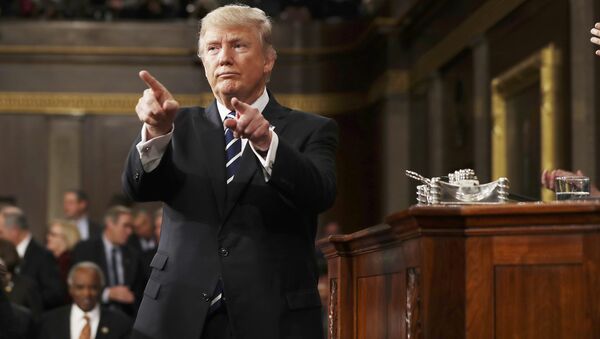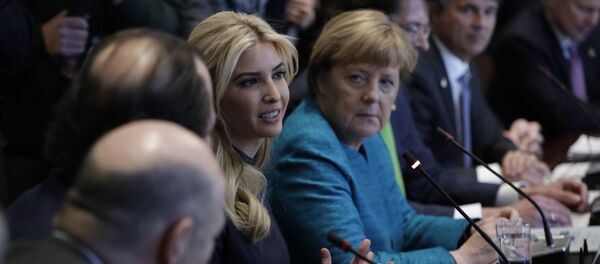The first months of Trump's presidency have been marked by moves that seem pretty far from the isolationism many believed he would practice. First, he announced a $56 billion increase in military spending along with the goal of building the biggest and the strongest military the US has ever had. Later, Trump expressed an open hostility towards North Korea, with his administration admitting that "nothing is off the table," when it comes to dealing with Pyongyang. To say nothing of his rhetoric towards Iran and promises to cancel the nuclear deal with Tehran.
According to Jeremy Kuzmarov, professor of history at the University of Tulsa, Trump's approach towards the military is in fact slightly more aggressive than that of former President Barack Obama, with, for instance, Trump's intention to allow the US military to conduct covert special operations abroad, forbidden during Obama's presidency. In general, Trump seems to not diverge too much from Obama's policies — whether this is because of Trump's policy or lack thereof, remains unclear.
Kuzmarov also discusses Trump's once-stated intentions to warm up relations with Russia, which the US president has evidently abandoned amid the allegations of Russian involvement in the election.
On the other hand, Trump has been criticized by Former Secretary of State Madeleine Albright for his "lack of enthusiasm" towards NATO, with current top diplomat Rex Tillerson skipping what would have been his first NATO summit.
Kuzmarov says that Trump's supposed isolationist policy might be a fraud simply because, by opposing NATO and interventionist policy in general, Trump "tries to win some support among those [in the Republican Party] who oppose military interventions."
But another explanation may be that Trump is not defining a foreign policy, but is simply reacting to internal developments, playing with rhetoric and using whatever wording that fits him best at the moment.



